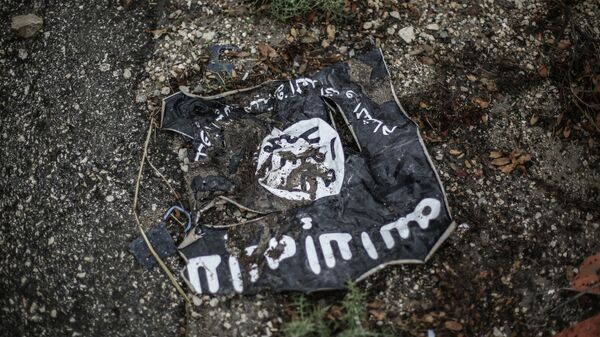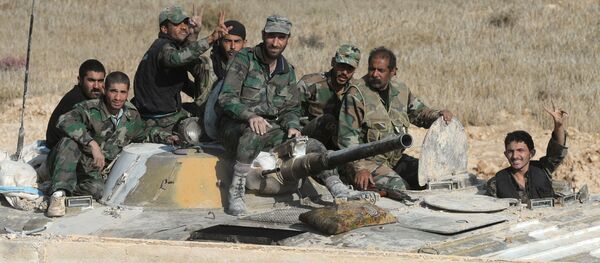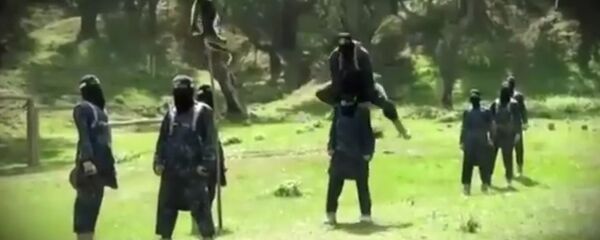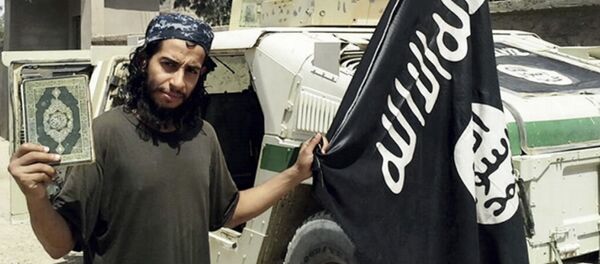In hopes of ending the bloody Syrian civil war, the major opposition groups gathered in Riyadh, Saudi Arabia this week to hammer out terms which could lead to peace talks with the Assad government. While a major part of those discussions, Ahrar al-Sham, had threatened to pull out, a statement has been agreed to.
Speaking during a news conference, the meeting’s chair, Abdulaziz al-Sager, announced that the Syrian opposition plans to meet with government officials at the beginning of January.
But Iran’s foreign ministry has expressed concerns that some of the groups involved in the conference have affiliations with Daesh.
"Some of the terrorist groups linked to Islamic State are involved in the [Riyadh] talks…these terrorist groups will not be allowed to decide Syria’s future," Iran’s Deputy Foreign Minister Hossein Amir-Abdollahian said, according to Fars.
As a condition for the conference, both Daesh and Nusra Front were ostensibly excluded from the talks.
"We do not approve the Riyadh meeting…It is not in line with the Vienna talks," Amir-Abdollahian added, referring to the gathering of world leaders last month – including representatives of the US, Russia, Iran, and Saudi Arabia – which led to this week’s conference.
While the exact details of the agreement are not known at this time, earlier indications were that the opposition groups would insist on the eventual removal of Syrian President Bashar al-Assad.
The opposition has also called on the United Nations to pressure the Assad government enact certain confidence-building measures.
"These include suspending death sentences against Syrians convicted on charges of opposition to the regime, releasing prisoners and detainees, lifting sieges on besieged areas and allowing humanitarian convoys to reach the needy," reads a statement issued after the Riyadh meeting, according to Saudi state news agency SPA.
Earlier on Thursday, Ahrar al-Sham had threatened to abandon the talks. According to a statement posted on social media, the group was frustrated with the lack of representation from "revolutionary groups." Ahrar al-Sham also opposed the "main role" given to the National Coordination Body for Democratic Change, a group it felt was too sympathetic to the Assad government.
The Syrian conflict has raged since 2011. According to UN estimates, 250,000 people have been killed and another 12 million displaced in the fighting.
While Western governments have long supported the opposition, Moscow has repeatedly pointed out the dangers of overthrowing Assad’s legitimately elected government. The conflict, when combined with the vacuum created by the coalition invasion of neighboring Iraq, ultimately led to the rise of Daesh.





